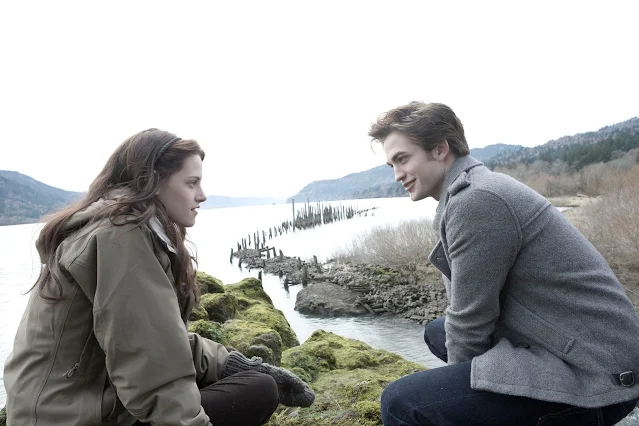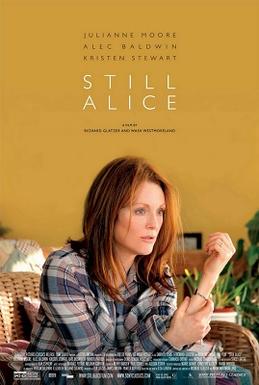Twilight (Catherine Hardwicke, 2008)
Cast: Kristen Stewart, Robert Pattinson, Billy Burke, Taylor Lautner, Peter Facinelli, Ashley Greene, Anna Kendrick, Nikki Reed, Elizabeth Reaser, Kellan Lutz, Jackson Rathbone, Cam Gigandet, Gil Birmingham, Justin Chon, Christian Serratos. Screenplay: Melissa Rosenberg, based on a novel by Stephenie Meyer. Cinematography: Elliot Davis. Art direction: Christopher Brown, Ian Phillips. Film editing: Nancy Richardson. Music: Carter Burwell.
Twilight was always going to be critic-proof, based as it is on a best-selling YA novel and featuring good-looking actors playing teenage lovers, one of whom is a vampire. The audience was ready-made, no matter what the critics said, and they mostly said their worst about it. And yet, getting around to watching it for the first time, 14 years late, I can’t find it in myself to say anything terribly harsh about it. The dialogue is often clunky, oh my, yes. The idea that vampires sparkle and not burst into flame in the sunlight is silly, as is the notion that they are somehow randomly endowed with superpowers: Some have super-strength and can read minds, others can tell the future. The invocation of Native American legends is a slightly racist plot gimmick, and one not developed in the film. It would be in the sequels, of course, which means Twilight is just a setup for more to come, and not a satisfactory movie on its own. And yet I watched with amusement and not a whole lot of condescension, partly because it’s premised on an interesting subtext, adolescent sexual confusion – vampire movies are always really more about sex than about death. And because Kristen Stewart and Robert Pattinson were on the brink of significant careers, going on to prove that they were more capable actors than the screenplay of Twilight allowed them to show.


















